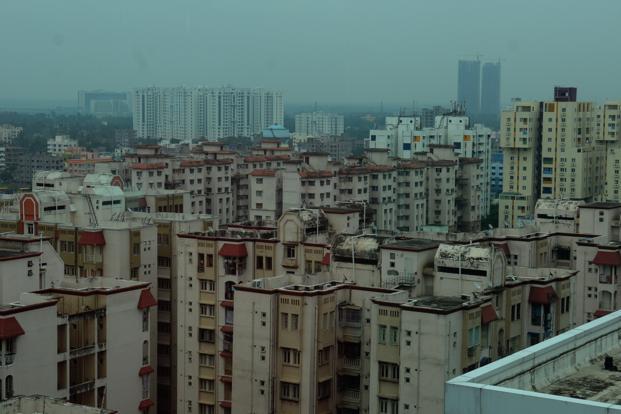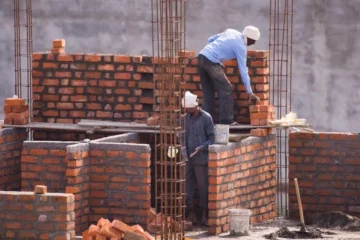
According to the Real Estate (Regulation and Development) Act, 2016, (RERA) all the state governments were to put in place the Act’s rules and regulations for their respective states by 31 October. But the deadline was missed by most states. On 23 November, the Ministry of Urban Development finalised the general rules and regulations for agreement of sale for the National Capital Territory of Delhi. It is now waiting to be notified. Other states are expected to follow soon.
The real estate rules in this agreement of sale are similar to those notified on 31 October by the ministry for the five union territories without legislatures. For Delhi, the rules also provide clarity on some aspects like litigation details that have to be published on website, provision for quality audit of projects and flexibility in agreement for sale.
Disclosure of cases
A promoter or developer has to publish details of litigation on the regulator’s website, with other information related to the project while registering the projects.
Details of litigation that have been disposed of by the court concerned in the past 5 years related to projects developed or being developed by the promoter has to be published on the website. This has been done as a promoter may not have the complete information about the various cases filed at the time of providing such information.
Most real estate consultants believe that it will help homebuyers and others to evaluate the developer’s credentials, but many also don’t think publicising all the litigations is important.
“This will help homebuyers to make informed decision. But given that it is easy to file litigation in the country, not all the litigation needs to be taken seriously. However, out of 10 may be one or two have serious issues that can impact the buyer decision,” said Anshuman Magazine, chairman, India and South East Asia, CBRE.
Other clauses
The rules for Delhi also provide for third-party quality audits, in keeping with the Act’s provisions.
With regard to the rules for agreement for sale between the buyer and the promoter, flexibility has been proposed so as to include other elements or features besides the apartment, plot, garage, parking—if required. For instance, allowances for rules in case of furnished apartments, apartments with private gardens and so on. This has been provided to address special contingencies relating to the nature of projects to be taken up or the needs of buyers.
Next step
As per the Act, once the rules are notified the next step is to designate any officer as regulatory authority till a full-fledged regulatory authority is established for the purposes of the Act, which include grievance redressal in respect of projects registered with such authorities.
Considering this, as of now vice-chairman of Delhi Development Authority (DDA) has been designated as the regulatory authority for National Capital Territory of Delhi under the Act.
Registration of real estate projects will begin only after notification of Section 3 of the Act by the urban development ministry, which will be done in due course.
The full Act is to come into force from 1 May 2017.
Till such a full-fledged regulator comes into being, vice-chairman of DDA, acting as an interim-regulator, would undertake preparatory actions like setting up website and putting in place required institutional mechanisms so that the multi-member regulator can start functioning as and when it is established.
[Source:-Livemint]




